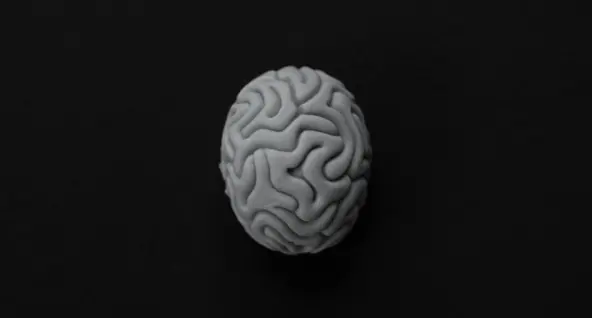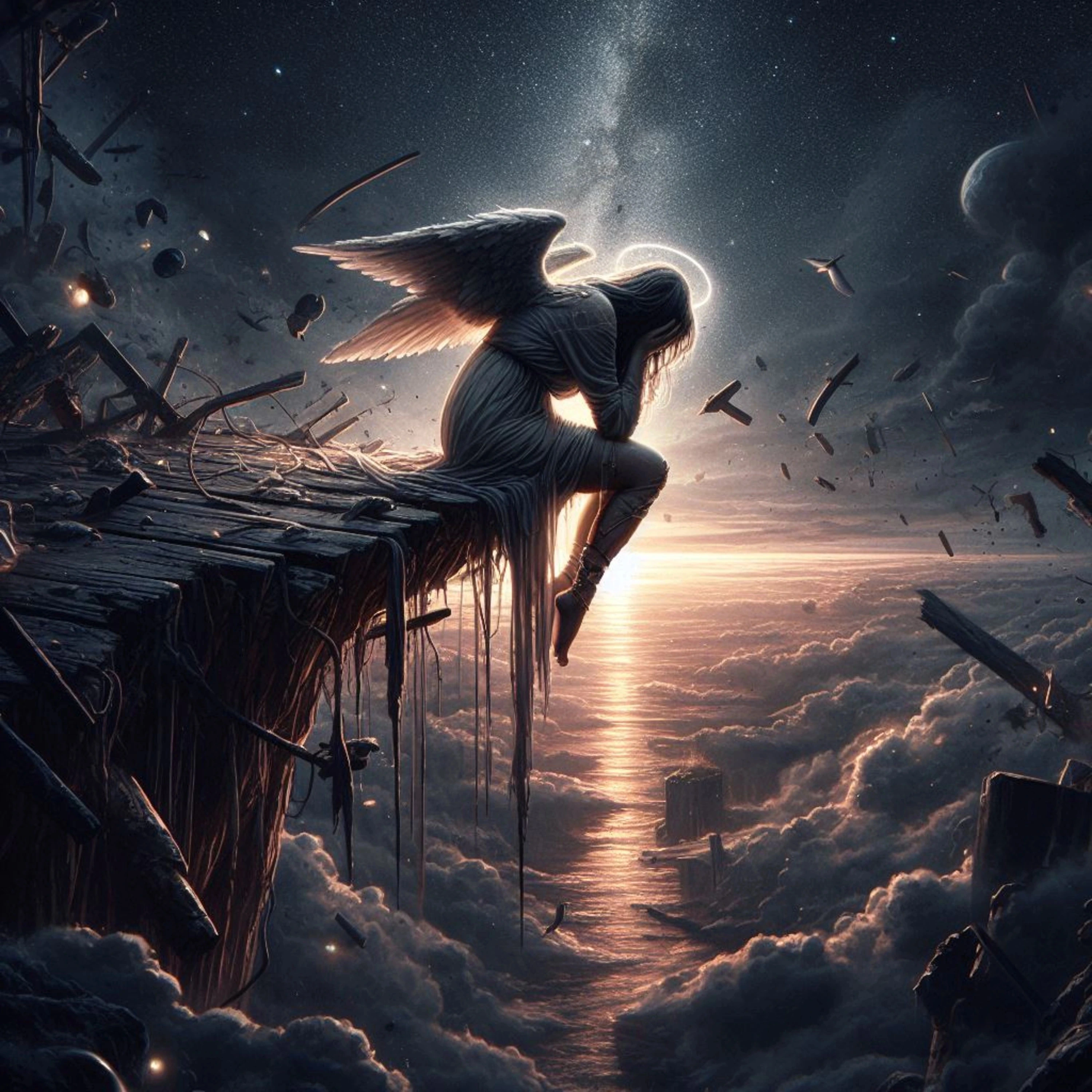
In today's rapidly changing world, existential dread is no uncommon and has become an common experience. It's easy to feel lost and confused about life. Maybe you feel it during a quiet night when you are unable to sleep, or when you start comparing your life with others on social media, or when you suddenly start wondering about death. It is the feeling of despair and uncertainity about not having answer's related to philosphical ideas about life and death.
What does existential dread mean?
People often use the term existential anxiety to describe existential dread. The word "existential" comes from the word "existence". It refers to ideas related to being alive, existing, or the meaning and purpose of life. It simply means anything that makes you think deeply about life. For example: "Why am I here?" or "What’s the point of life?". Existential dread is the heavy feeling that comes when you think about how small, uncertain or meaningless life is. The American Psychological Association (APA) defines existential dread as: “a profound, deep-seated psychic or spiritual condition of insecurity and despair in relation to the human condition and the meaning of life.” It can happen to anyone at any time.
This feeling doesn’t mean something is wrong with you—it’s a common emotional response to big, meaningful questions about existence. If you have ever come across looking at the stars and wondering how small you are in comparison with the stars, you have probably tasted it's flavor. But the main key is: "Don't let the existential dread set in permanently".
Why you shouldn't let it take over
When you don't let the existential dread set in, you take the charge in your own hand. If you let it set in, it might make you feel hopeless, stucked and confused or like your existence doesn't matter in this vast universe. But if you view this feeling as a sign that you're thinking deeply and growing as a person, it can actually be a powerful moment of self disocvery.
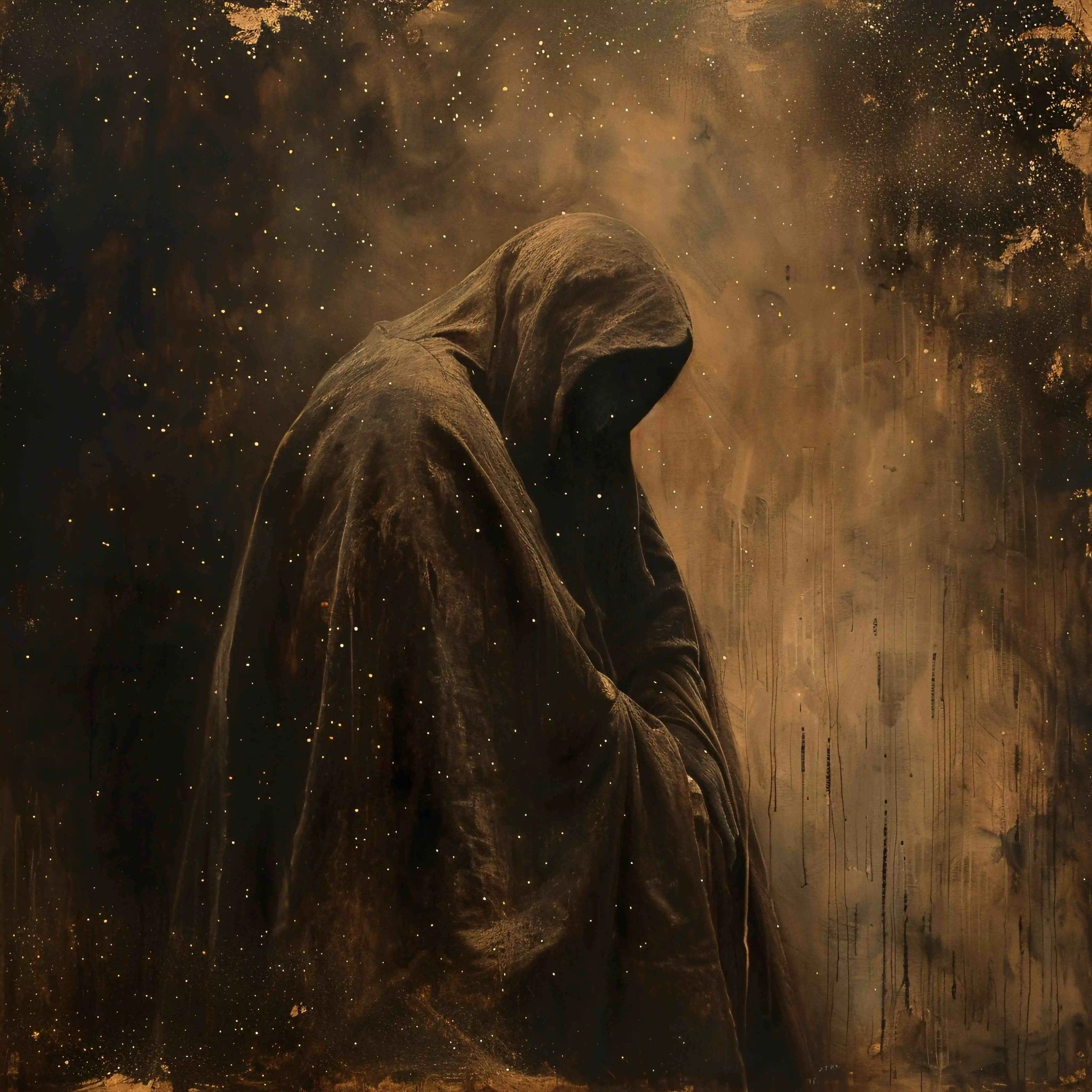
Existential dread often shows up during life's big changes like after a heartbreaking breakup, switching jobs, moving to a completely new town/city, finishing school/graduation. These changes often make us sit and think: Am I doing okay? Is my life going in the right direction? Does anything I do even matter? These questions are way too normal. Everyone has come around these question at some point in their life. The catch is how well you respond. You can choose to let these thoughts bring you down or you can use them to grow and make changes.
Name and Normalize
The most important step to deal with existential dread is to recognize and name it. Many people feel a strange heaviness in their chest, sadness without a prior reason and worry about life and the future. Sometimes we perceive these as stress and overthinking. But most often it's way more deeper than you think. When you start naming the feeling, you start to better understand it. Saying “I’m feeling existential dread right now” helps you recognize it as something you can manage, rather than something that controls you.
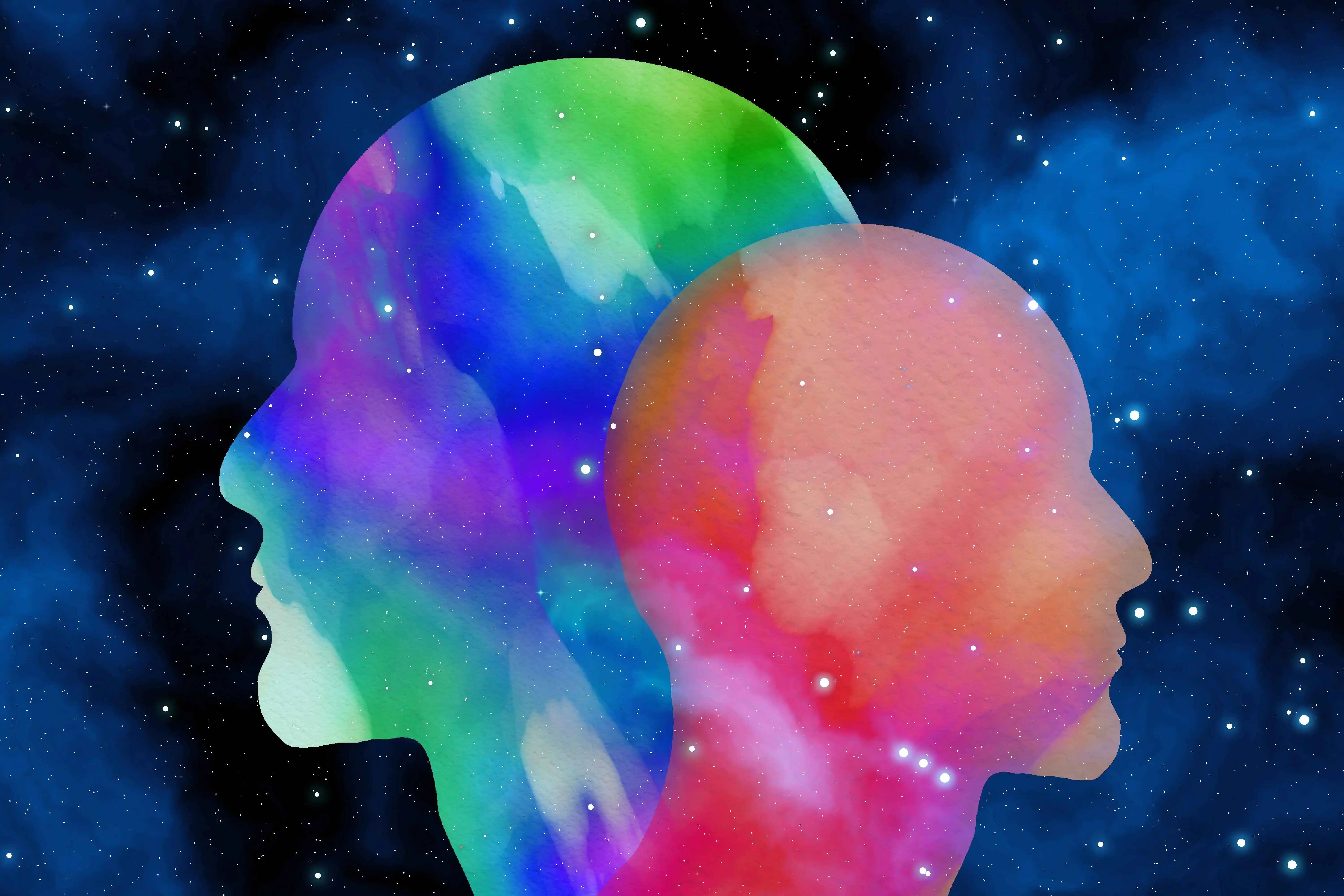
You are not alone, many great thinkers and philosophers across all ages and backgrounds have faced existential dread in their life. Great philosophers like Kierkegaard, Nietzsche, and Camus have spent their lives thinking about these feeling. Even today actors and writers talk about their own struggles with these questions. So if you feel and think this way, you're not broke or strange-you're a human. Instead of hiding it and pretending like everything is fine, start to talk about it as it will help you in some way. Share it with a friend, write about it, or even say it out loud. The more open you are, the less scary it feels.
Seek Purpose in the Small Things
You don't need to find the meaning of life instead, you just need to find a meaning for your life. It is not neccessary that you need to achieve something extraordinary to give a meaning to your life, meaning can come from very simple things like following passion, showing up for a friend, caring for someone etc.

Focus on the little things that brings you joy and comfort-like making your favourite meal, having coffee while watching the sunset, listening to fav songs and going out with friends. Remember you don’t have to do something huge to feel alive or important. Just start with the small, meaningful things that make your heart feel full. It's about the people who make your life better who makes you laugh, who listens when you feel low and down. Relationships like this no matter how simple can offer a deep sense of connection and belonging.
Accept the absrud
Great philosopher Albert Camus introduced a powerful concept called “the absurd.” According to him, the absurd comes from the conflict between our deep desire to find meaning in life and the silent, not bothering about the universe that doesn't offer clear answers.
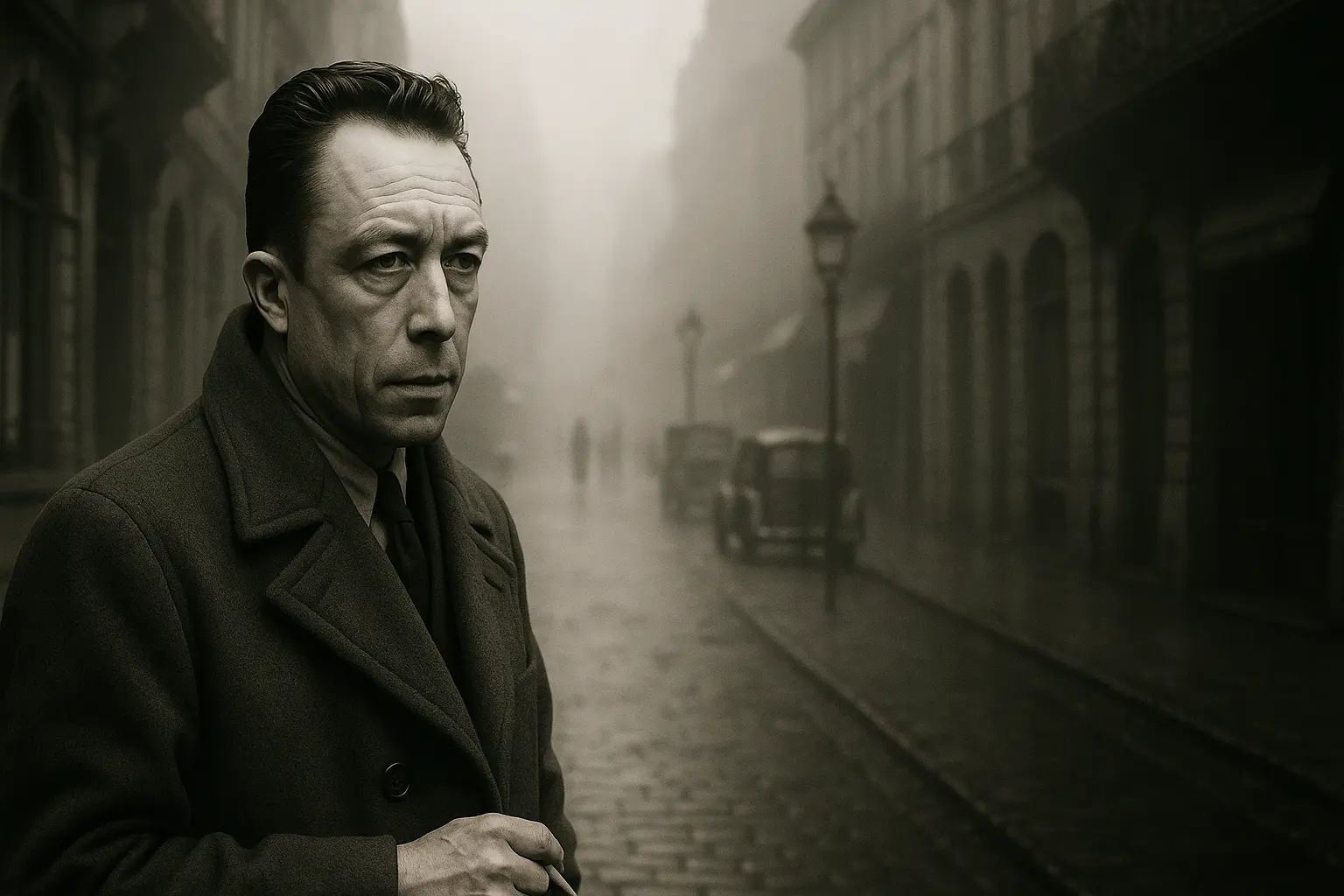
Albert camus suggested that life is absurd. When you understand that life might not come with a grand, pre-written purpose you start to realize that it gives us a kind of freedom where there’s no fixed meaning, we are free to create our own purpose. That’s what Camus called radical freedom—choosing to live fully and authentically, even in a world that doesn’t give us all the answers.
When you start accepting the fact that life is uncertain and sometimes even absurd, you no longer have to wait for meaning to come to you, instead you can build it yourself through your actions, your passions, and your relationships.
Conclusion
By embracing life as uncertain and even sometimes absurd, you can accept your personal power. You stop waiting for meaning to show up and you start to create meaning through what you do, what you love, and the relationships that you create.

This reframe turns confusion into courage. So instead of allowing existential dread to control you, you consciously decide to live with purpose, despite the ambiguity of life. This is where the real power is.
.webp)
